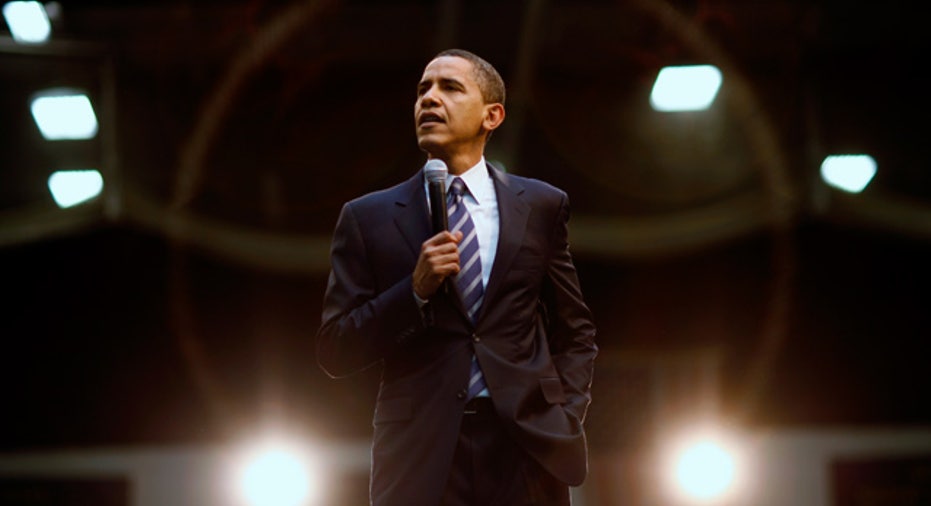Obama's Lack of Details Leaves Small Business Hanging Post-SOTU

President Obama addressed the nation Tuesday giving his State of the Union Address and outlining his plans for getting a derailed economy and divided government back on track in the year to come. Small business advocates said the president missed the mark in his vague delivery, leaving out essential details on major issues like taxes and health-care reform.
Cynthia Magnuson, senior media manager for the National Federation of Independent Business, said small business owners likely lowered the bar for the president's address last night, citing let-downs in the past. The lack of details in the speech was one major disappointment, she said.
"There really wasn't a clear plan to get customers in the door and create jobs," Magnuson said.
The National Small Business Association echoed Magnuson's concern with the minimal amount of detail provided in the speech. The NSBA wants to know where the president's follow-through is on his talk of tackling the deficit.
“The president’s call to address the deficit was a welcome one,” Todd McCracken, NSBA president and CEO, said in a statement. “However he failed to tell us how he would get there and he missed a critical opportunity to call for broad tax reform which could kick-start the economy—thereby reducing the deficit—while lessening the single biggest regulatory burden our economy faces: the tax code.”
Obama's comments on regulation reform were targeted at large corporations, Magnuson said, while he mentioned nothing about the regulations from agencies like the Environmental Protection Agency (EPA) that are stifling day-to-day business operations. Also, the president's emphasis on Americans paying their "fair share" in taxes was frustrating, she said.
"Small businesses pay more than their fair share," she said. "35% on average is what they pay in taxes. There was also no extension of individual tax rates that are set to expire this year. The fact that it was omitted was a big letdown for folks."
The NSBA said "broad tax reform" is needed, not just a blanket increase for those who make more than $1 million annually, as many small business owners pay taxes as individuals.
Magnuson said she was pleased to hear Obama address the lack of skilled workers small business owners face when they are looking to hire. Striking up partnerships with community colleges across the country is a step in the right direction for ensuring that the labor force is better prepared for the positions that are available for them, she said.
Small Business & Entrepreneurship Council Chief Economist Ray Keating said he was glad to see the president address intellectual property issues within the international marketplace, as this is a major issue for businesses of all sizes. However, Obama lacked details where it mattered for entrepreneurs.
"He was clear on things small business owners didn't want him to be clear on," Keating said. "(For example) taxes on high income earners—that means fewer resources in the hands of entrepreneurs and investors, and more dollars in the hands of politicians. It's difficult to see how that is positive for small businesses."
The president's rejection of moving the Keystone XL Pipeline project forward is also in stark contrast to his comments on creating jobs, Keating said.
"On the energy front, which is a big issue for businesses and consumers, he talked about expanding offshore drilling," Keating said. "Compare that to the recent denial of the Keystone Pipeline project, which would have created jobs and save money."
Obama's stance on outsourcing also threw up red flags for Keating, who felt the president was signaling that international businesses should set up shop outside the U.S.
"Outsourcing is a bad political word, but the international economy shows businesses will move around where it fits best," he said. "It was more populist pandering."



















